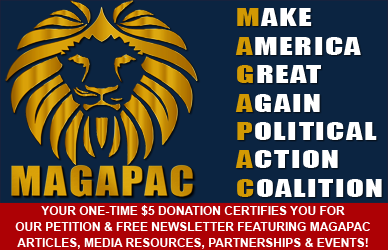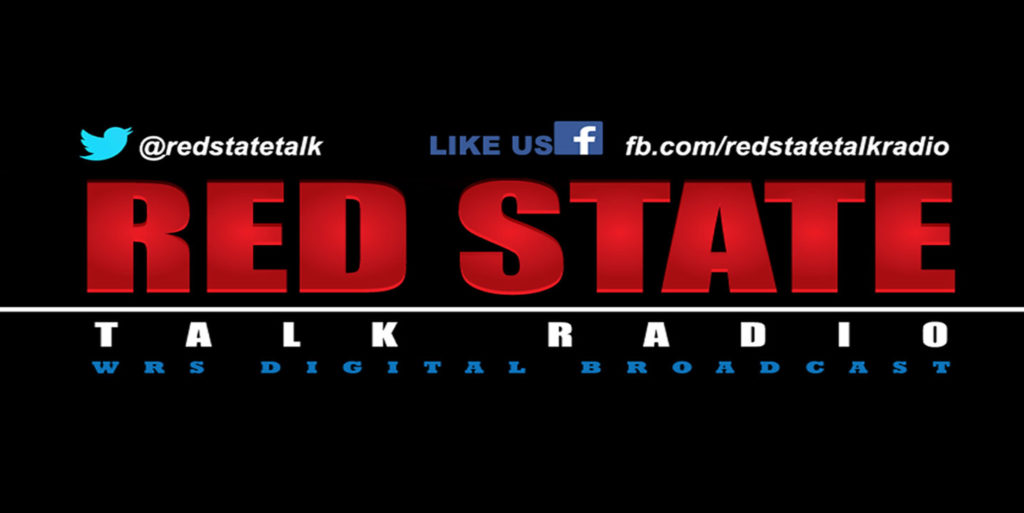Is China Winning, Part Two: “How Do You Stop A Superpower”
By Russell Clark, author of the Capital Flows and Asset Markets substack
How do you stop a country from developing? That is the question that is confronting US policy makers. At the moment, the US is adopting a number of policies including stopping technology transfers, tariffs and other regulatory barriers. The US has used this type of policy against North Korea, Cuba Venezuela and Iran, and these policies have indeed led to economic decline in these nations. The problem with this analysis, is that all of these countries lacked the economic and military heft of the US, so it was a no-brainier decision for the rest of the world to fall in line with sanctions. China is too big to assume the same results.
If we want to analyze a China/US conflict, we have to go back to the Cold War era from some comparisons to think about. In my mind, broadly speaking the US was losing the Cold War during the 1970s. Not only did the US lose the Vietnam War, but Russian influence helped galvanize OPEC to place an oil embargo on exports to the US, which had built it economy around cheap and abundant oil. Hostility in the Middle East to US support for Israel played into Russia’s hands in helping to organize the oil embargo.
China is obviously aware of this historic episode, and policy in China has been to deliberately favor suppliers of commodities from non-US allies. But when we look at commodities such as corn, iron ore, LNG for example, China is still heavily reliant on the US and Australia for supplies. Could the US enforce a corn, iron ore or LNG embargo? Given the example of Russia, this would seem likely in the face of Chinese invasion of Taiwan, but otherwise unlikely.
Speaking of Taiwan, China is, like the rest of the world, heavily reliant on Taiwan for high end semiconductors. The obvious bottleneck for semiconductors is the lithography equipment produced by ASML. While I know that R&D needed to produce the EUV equipment was huge and took many years, Chinese competitors have a huge advantage over ASML. They know the technology works – which makes the R&D commitment much easier to justify. After nuclear weapons were developed and used by the US, USSR tested it own bomb 4 years later, and despite aggressive curbs on nuclear proliferation, India, Pakistan, North Korea all have nuclear weapons. I really wonder how long EUV lithography technology can stay contained to ASML.
However, while economic sanctions such as the oil embargo definitely slowed the US, the 1970s also showed that you can stop economic development more successfully through political means, rather than through trade or technology.
How did the US defeat the Soviet Union? The received wisdom that the Soviet Union and they eventually bankrupted themselves trying to keep up with the US militarily. But I am going to argue that China and Nixon were the real catalysts for the end of the Soviet Union.
Prior to and immediately after World War II, China was a close ally to the US, and was reliant on US military aid to battle Japan in Manchuria. The problem with this was that by then the average Chinese person had seen a century of humiliations at the hands of the Great Powers, who had carved out various territories and concessions from the Chinese government. The Opium Wars had seen the British force China to import narcotics, so that the British could export silk, silver and other goods. To put in mildly, Western Imperialism and trade had developed a bad name in China. This is why the Communist Revolution caused so much excitement in China. The ideas behind Communism were anti-imperialism, anti-racist, anti-sexist, anti-religion and very pro-development. They also included strong land reform element, which also helped in the appeal of communism. It was the appeal of these ideas, and chronic mismanagement of the economy by the Chinese government of the day, that led to the eventual triumph of Chinese Communist Party in 1949.
With China joining the Soviet Union as communist, you could make a legitimate argument that the world’s ideology was now communism rather than capitalism, particularly as India had fairly strong communist leanings. That is the majority of the world now operated under a planned economy (the famous 5 year plans that China still uses). So how did the US break apart this communist hegemony? Problems began when the Soviet Union had to use force to keep its Eastern European states in line. The Hungarian Uprising of 1956 was put down by force. To Chinese eyes, this made the Soviet Union just another imperial power, and led China to make a distinct political break from the Soviet Union. This meant there was fissure between the Soviet Union and China that could be opened up by a skilled politician, and it took another 16 years for Nixon to finally visit China, and the US to begin normalizing relations with China.
It is classic diplomacy – divide and conquer. And it has been practiced everywhere and all the time. So the question to ask, can the US divide and conquer China? The West is trying to apply obvious pressure to areas like Hong Kong, Taiwan, Xinjiang and Tibet where Chinese rule is not universally accepted. India has also been co-opted to help put more pressure on China, and President Trump, in a semi-Nixon style, tried to break Russia away from Chinese influence. From a realpolitik point of view, turning Russia anti-Chinese would have had real repercussions for China, so I understand the logic – but with the Russian invasion of Ukraine, I do not see anyway to turn Russia away from China.
When we look at China today, we again see large income inequality. Property prices are unaffordable for many city dwellers. Politically, China seems ripe for a communist revolution, and I would argue that is exactly what Xi is providing. A reasserting of Communist policy, where economic gains are more decisively directed at the weakest part of society. With large business under control, it is hard to see who exactly would oppose this policy, and the biggest domestic risk to China is more from the failure of these policies rather than their success.
But here is the rub, is that when I think along these lines, then rather than China being at the risk of failure, I wonder if the West is the one at risk of fracture. It increasingly looks like the next US Presidential Election will be a rerun of the last one, with Trump facing off against Biden. Let’s say that Trump wins, if he follows through on his statements, then the US will reduce support for Ukraine in its conflict with Russia. If this happens, then NATO is effective dead in the water as a military alliance. Given the real and present threat of Russia to members of the EU, then the EU would have to upgrade itself from an economic grouping to a military grouping, a process that is already gathering pace. It would be hard to not see how this outcome not benefiting China, as a reduced NATO would be less of a counterweight to Chinese economic influence.
Furthermore, problems with income inequality and excess corporate power exist in the US, and the Biden administration has been acting to reverse some of this. Would a polarizing figure such at Trump be able to follow through? Or would he reverse these policies? The right to bear arms, and the build up of arms within the US makes it in some ways more likely to see civil unrest than the US. The events of January 6, rising levels of gun violence, and an increasingly assertive Supreme Court all make me nervous. What makes me very nervous, is that the political build up to the OPEC oil crisis, made it look inevitable in hindsight, but was ignored in the run up. The break between China and Russia and the normalisation of relations with the US was a huge deal, but again seemed inevitable in hindsight. I keep asking myself which of these events seems hard to believe today, but will seem inevitable once it happens. Is the collapse of the Chinese economy, or breakdown in civil society in the United States more likely? What really scares me as I think the evidence points more to the latter – but is that just because the US is more open? No easy choices – but one thing that does make me lie awake at night is that excessive political power led Japan into World War II – and I do wonder who can curb US corporate power? I struggle to think of anyone.
Tyler Durden
Fri, 04/28/2023 – 20:20






